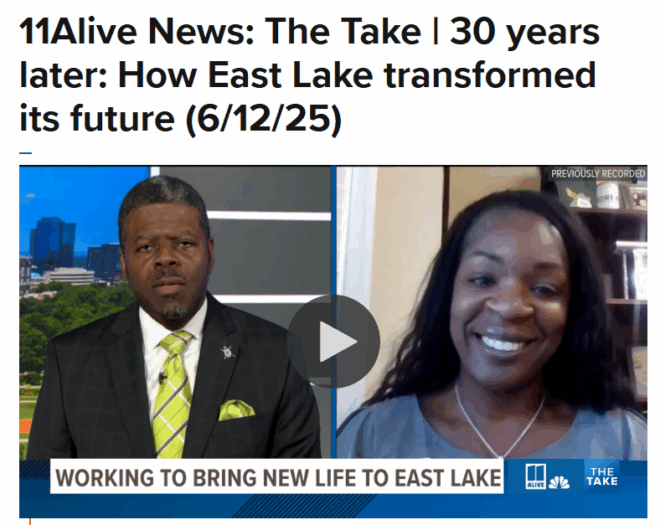Today the Lemelson-MIT Program introduces the 2021 InvenTeams: 13 groups of high school students from across the country who have been selected by a panel of judges to create technological inventions that solve problems stemming from their local communities. Each team has been awarded up to $10,000 in grant funding to build their invention.
The InvenTeam grant encourages young people to investigate problems evident in their own neighborhoods, come together as a team to select one problem that inspires them most, and invent a technological solution to that problem. While the national grants initiative has existed since 2004, the 2021 InvenTeams in particular, are tasked with timely and critical pursuits, given the many challenges in our nation and the world. This year’s students are tackling local issues related to environmental sustainability, healthcare, and personal safety. Examples of the 2021 InvenTeam inventions include a device for people using wheelchairs to better retrieve out-of-reach items, a system to sanitize the boots of firefighters, a machine to record police-civilian interaction in personal automobiles, and a mechanism to detect embers and actuate a roof sprinkler system in the event of a forest or other fire.
While the 2020–2021 school year presents unique parameters due to COVID-19, the InvenTeams are pivoting their efforts to accommodate their school’s respective guidelines, whether it be working remotely, in-person, or a hybrid of the two, in order to complete their invention projects. An
online learning platform will be used for teams to complete trainings and access helpful invention resources. In prior grant cycles, InvenTeams across the country have worked as individual units without much collaboration amongst teams. This year, the online learning platform offers a novel opportunity for online partnerships, networking and interaction between all InvenTeams. Students will be able to pose questions to each other, attend virtual events together, and offer support and encouragement throughout the invention process, leading to a more collaborative atmosphere and a strong cohort community.
“The InvenTeam projects are giving students and teachers a sense of purpose amidst an otherwise uncertain year,” says Tony Perry, invention education coordinator for the Lemelson-MIT Program. Tony works with the groups throughout the year, hosting webinars and coaching to offer advice and guidance to the InvenTeam students and teachers who come from 10 different states, spanning the Northeast, Midwest, South and West. “The teams have all traveled different paths that ultimately led them to embark on the same invention journey through InvenTeams,” Perry notes. “I am excited to see InvenTeams enter a new era of digital collaboration where hands-on learning, building and sharing is enhanced.”
InvenTeams apply their learnings and experiences to build a working prototype of their invention that is showcased at a technical review within their home community in February, and then again as a final prototype at EurekaFest, an invention celebration in June of 2021.
Executive director of the Lemelson-MIT Program, Stephanie Couch, praises the 2021 InvenTeams for their dedication to invention even while adapting to an unconventional school year. “Despite challenges this year, the students and teachers are valuing the time they have to develop as creative problem-solvers, learning science, technology, engineering, mathematics concepts — and even computer science — as they build their inventions,” Couch says. “I am truly impressed by their resolve and tenacity to carry out these invention projects that will positively impact society.”2020–2021 InvenTeams:
- Solving Problems in Environmental Sustainability
- Braham High School (Braham, Minn.): System to wash clothing in zero gravity, thereby reducing
waste in space - Energy Institute High School: (Houston, Texas): System to repurpose waste PLA 3D printer
filament - H.H. Dow High School (Midland, Mich.): Device to create drain covers which open only in the
presence of moisture - Landmark School (Prides Crossing, Mass.): Device to monitor near-shore ocean environmental
variables
Solving Problems in Healthcare
- Gilbreath-Reed Career and Technical Center (Garland, Texas): System to sanitize firefighters’
boots to prevent the spread of communicable diseases - Middleton High School (Tampa, Fla.): System to administer and monitor prescription medicine-
taking in senior homes - Ridgewood High School (Ridgewood, N.J.): System to generate hydrogen peroxide and sanitize
water in a reusable water bottle - Smithtown High School West (Smithtown, N.Y.): Device to monitor social distancing for students
with autism spectrum disorders
Solving Problems in Safety
- The Archer School for Girls (Los Angeles, Calif.): System to detect embers and actuate a roof
sprinkler system - Benilde St. Margaret’s (St. Louis Park, Minn.): Device to extend reaching capabilities for
people using wheelchairs - Charles R. Drew Senior Academy (Atlanta, Ga.): Device to record police-civilian interaction in
personal automobiles - Omro High School (Omro, Wis.): Device to measure lake-ice thickness and crowdsource a map
- Quarry Lane School (Dublin, Calif.): System to connect a basketball referee’s whistle with
player- worn feedback system
Calling All High School Inventors!
The Lemelson-MIT InvenTeam application for the 2021–2022 school year is now available
at: https://lemelson.mit.edu/inventeams. STEM teachers are encouraged to apply now.
ABOUT THE LEMELSON-MIT PROGRAM
The Lemelson-MIT Program celebrates outstanding inventors and inspires young people to pursue creative lives and careers through invention. Jerome H. Lemelson, one of U.S. history’s most prolific inventors, and his wife Dorothy founded the Lemelson-MIT Program at the Massachusetts Institute of Technology in 1994. It is funded by The Lemelson Foundation and administered by the School of Engineering at MIT, an institution with a
strong ongoing commitment to creating meaningful opportunities for K-12 STEM education. For
more information, visit lemelson.mit.edu.
# # #




